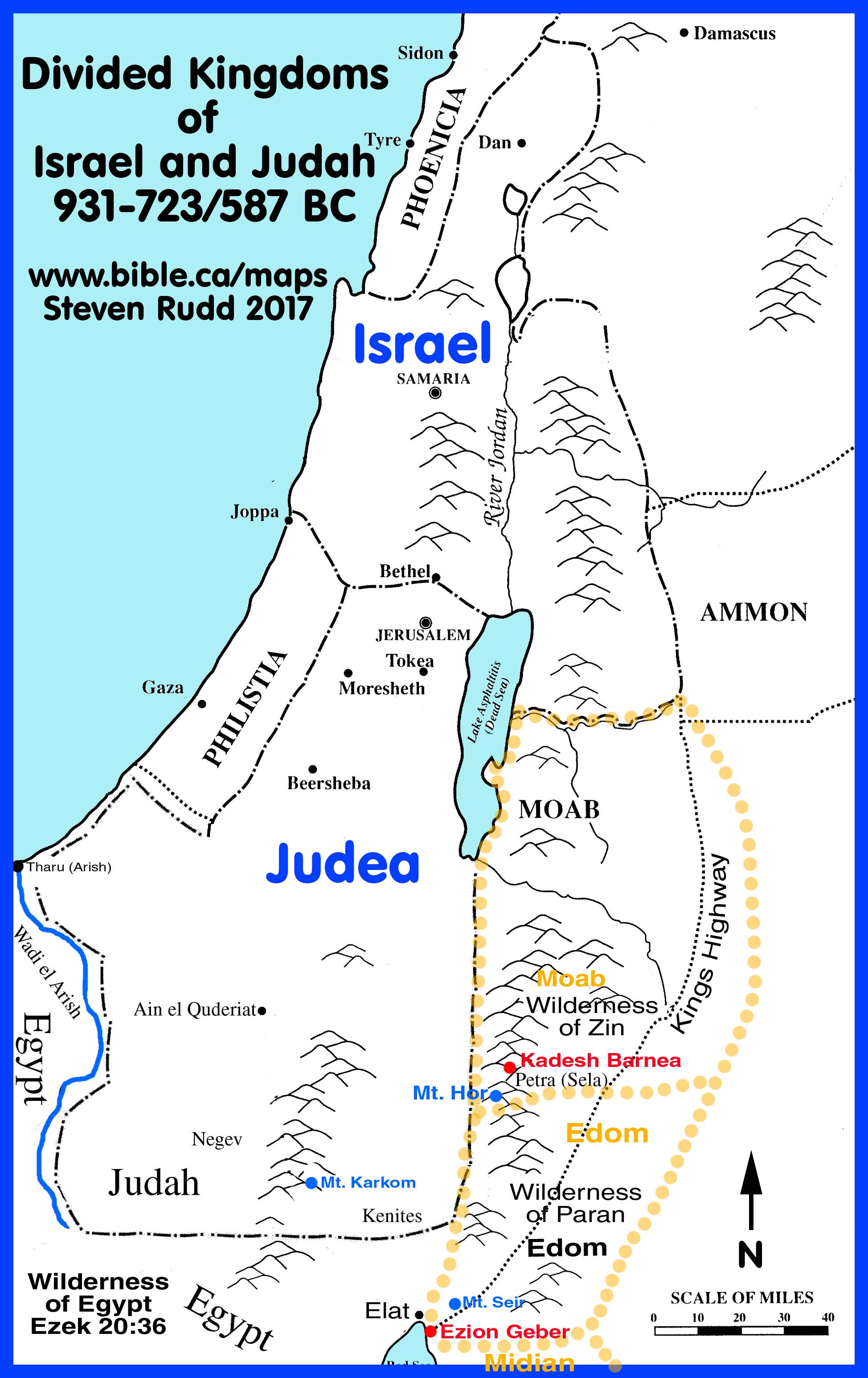One of the lectionary texts for this Sunday is Nehemiah 8:1-10.This will make a LOT more sense if you read the passage.
While I decided to go a different direction for my sermon, I wanted to share this text, because it is a lesser known story, but still very interesting.
The heart of this story is the reading of the book of the law by Ezra the priest, but to understand the story, its useful to have some background.
After existing as two kingdoms for a couple of centuries, the kingdoms of Israel and Judah fell on hard times. First, the kingdom of Israel was destroyed by the Assyrians. Then the kingdom of Judah was conquered by the Babylonian empire in 586 BC, and a signficant portion of the wealthy and powerful were taken to the city of Babylon in exile. After a generation (roughly 50 years) some of the people taken in captivity began coming back to Judah. However, a large portion remained in Babylon, having assimilated into the community (this strong Jewish community in Babylon, now Iraq, remained until the establishment of the state of Israel, when tensions between Muslims and Jews became severe enough that most left Iraq for Israel).
Rebuilding went slowly. It was not until around 516 BC that the new temple was finished, as recounted by Hezekiah and Zachariah, and the walls of Jerusalem remained in ruins. After a few more generations, around the year 450 BC, Nehimiah, a Jewish official in the Persian court came to Jerusalem as part of another migration back from Babylon. He was sent to Judah as governor to rebuild the walls of the city.
When he and Ezra, the chief priest, arrived, they pushed for stronger national identification, built up the city walls, and engaged in a program of ethnic cleansing, breaking up families where Jews and Gentiles had married, and kicked Gentiles out of Jerusalem.
After they completed the project, they celebrated with today's scripture, where all of the people of Jerusalem gather to hear the word of the lord read aloud.
This image of all the people, united in honor and praise of God's word is a beautiful one. The promise of a feast of celebration, of the text bringing us to tears, of people prostrating in respect is one that I think we could learn from-it speaks to how, at our best we might revere God's word in our lives. We often do not listen closely to the reading of a few passages each Sunday, let alone wait for 6 hours for the reading and translation of the whole story of Genesis-Deuteronomy (I say translated because most likely there were interpreters there to help those whose Hebrew had become rusty after generations speaking Aramaic).
But the history of real people is complicated, and the unity that the people demonstrated in this text was dearly won. Even here, the word of the Lord was used as an excuse to exclude, to critique, to cast out those who were different. We wrestle always with the tension between the full invitation for all, and the need to set boundaries on our community to preserve norms and rules.
I hope we remember, when we see signs of great unity, that there may be more there than meets the eye.
Wednesday, January 20, 2010
Subscribe to:
Post Comments (Atom)

No comments:
Post a Comment